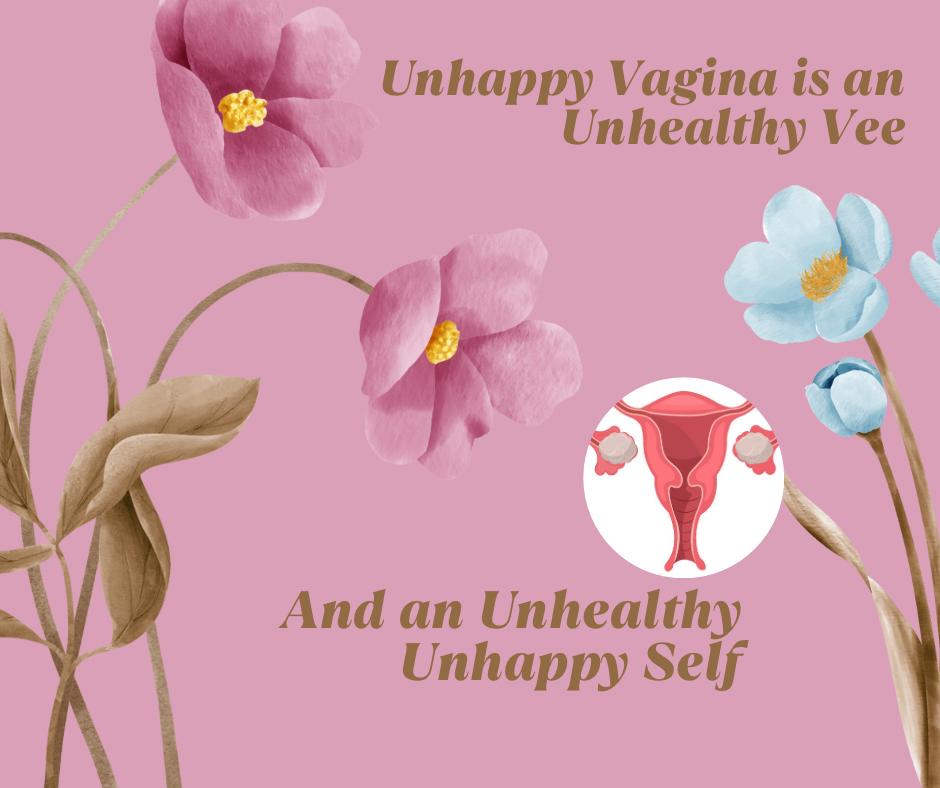Vitamin D
Vitamin D is one of our vital vitamins. It is a fat-soluble nutrient that is important for bone health, the immune system, cognition and overall well-being.
We actually need vitamin D in order to absorb calcium and phosphate from our diet, two important minerals for healthy bones, teeth and muscles. Vitamin D also has many other important roles in the body, including our immune system, which helps us fight off infections. It also helps maintain our metabolism and nervous system.
Sources
The main source of vitamin D is sunlight. Since it can be difficult to find sources of vitamin D in food. When our skin is exposed to the sun’s ultraviolet rays, a chain of reactions is triggered that causes our body to produce several helpful chemicals, including vitamin D. Since it is a fat-soluble vitamin, it is stored in our fat cells until our bodies are ready to use it.
There are not many foods that naturally contain vitamin D. But the best food sources of vitamin D are fatty fish such as salmon, fresh tuna, mackerel, and fish-cod liver oils. Other foods that are fairly rich in vitamin D include beef liver, cheese, and egg yolks, although these foods contain much lower amounts. The sole plant source of vitamin D is mushrooms, and these provide only the less well-absorbed D2 form.
we can also get vitamin D through fortified foods. That means, vitamin D is being added to certain frequently consumed foods to help us reach the recommended daily intake. The most commonly fortified foods are dairy products and plant-based milks, some types of margarine, and breakfast cereals.
Why Our Body need Vitamin D
With vitamin D deficiency, some people show no symptoms, while others develop non-specific problems such as fatigue and pain. In severe deficiency, the following symptoms may occur: Bone and muscle pain, fractures, weakening of bones, weak muscles, bending of arms and legs, osteoporosis.
How do I know I have Vitamin D deficiency
There are no symptoms when your body has a vitamin D deficiency. Many people don’t even know they have a vitamin D deficiency. The only way to determine if you have a vitamin D deficiency is to have a blood test.



